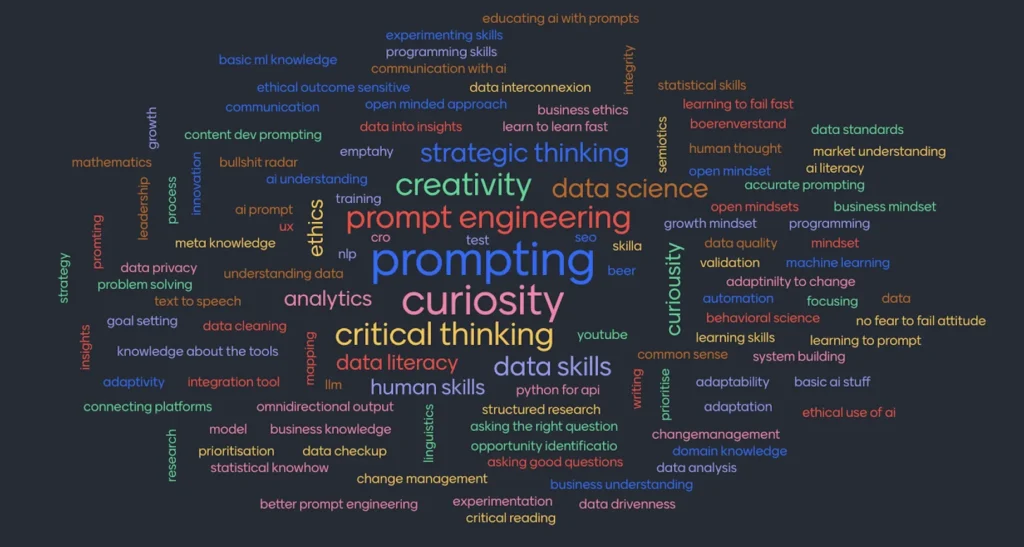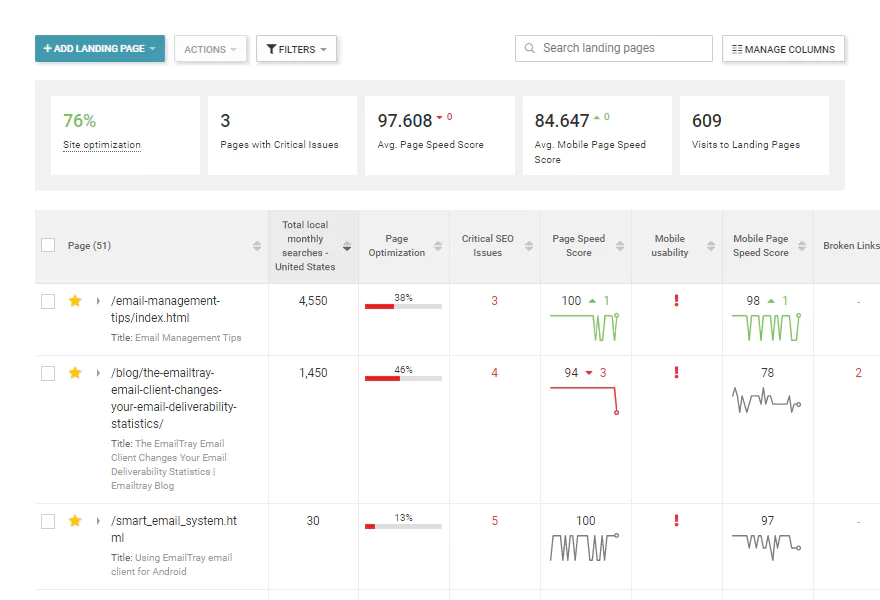In the age of intelligent everything, “using AI” isn’t a strategy—it’s a buzzword. Real business value comes from a customized, outcomes-driven plan that fuses your unique goals with the power of artificial intelligence. That’s exactly what an AI Consultant delivers.
So how does an AI Consultant develop a strategic plan that doesn’t just sound good on paper—but actually delivers measurable transformation?
Let’s break it down.
1. Translating Vision into Strategic Objectives
Every successful AI engagement begins with business goals, not algorithms. Whether you’re seeking to streamline operations, improve customer experience, scale marketing, or make data actionable—an AI Consultant translates your executive vision into clear, measurable objectives.
They ask:
What are your current pain points?
What KPIs define success?
Where does AI fit into your industry landscape?
This ensures the strategy is rooted in business relevance, not tech novelty.
2. Data Discovery & Infrastructure Assessment
AI is only as good as the data it learns from. A seasoned consultant conducts a deep dive into your existing data ecosystem—auditing your infrastructure, APIs, data silos, and system interoperability.
They assess:
Data quality and availability
Privacy, security, and compliance posture
Readiness for AI pipelines and automation
The result? A clear data maturity map that drives your AI blueprint.
3. Use Case Identification and Prioritization
Not every problem is an AI problem—and not every AI solution is worth your budget. An expert consultant identifies high-impact, high-feasibility use cases, then builds a prioritized roadmap.
Examples include:
Predictive analytics for sales forecasting
Natural language processing for customer service
AI-driven personalization for marketing
Intelligent automation for back-office tasks
The focus is on ROI-first initiatives, aligned with your operational tempo.
4. Custom AI Architecture & Vendor Strategy
Your business is unique—your AI architecture should be too. The consultant designs a tailored solution stack using best-in-class tools, cloud platforms, and proprietary or open-source models.
They help you:
Choose between build vs buy
Evaluate AI vendors or tools
Design modular, scalable architectures
This ensures flexibility while protecting against vendor lock-in.
5. Implementation Blueprint & Change Management
Great ideas fail without execution. That’s why consultants create a step-by-step implementation plan, complete with timeline, resources, integration path, and key milestones. But they also tackle the human side—change management.
Because AI doesn’t just change systems—it changes people, processes, and power structures.
An effective strategy includes:
Executive alignment
Workforce readiness
Governance models
Upskilling and training
6. Continuous Learning, Measurement & Optimization
AI is not a “set it and forget it” system. A true strategic plan includes mechanisms for continuous learning, real-time analytics, and model retraining based on evolving business data.
Ongoing performance metrics ensure:
AI stays aligned with goals
Bias and drift are mitigated
You keep improving and scaling
Closing Thought
Hiring an AI Consultant isn’t about outsourcing your problems to a machine. It’s about engaging a strategic partner who understands the intersection of intelligence, technology, and business. The consultant doesn’t just build models—they build momentum.
When done right, AI isn’t just a tool. It becomes your strategic co-pilot, helping you scale smarter, move faster, and outmaneuver the future.



